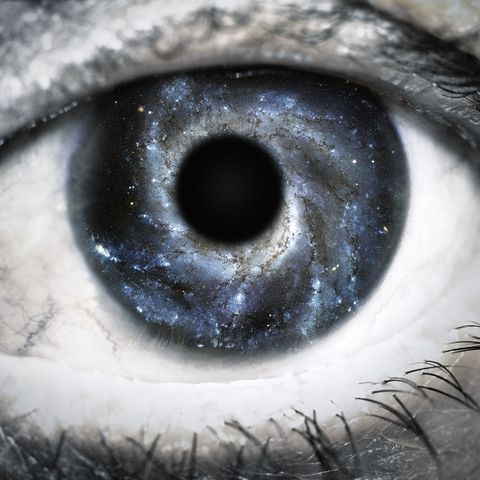Peeranormal 06: Sleep Paralysis

Dec 2, 2016 ·
1h 5m 51s
Sleep paralysis can be defined in several ways. In terms of the experiencer, it can be described as "a visitation by a malevolent creature which attacked its victims as they...
show more
Sleep paralysis can be defined in several ways. In terms of the experiencer, it can be described as "a visitation by a malevolent creature which attacked its victims as they slept" (Cox). More clinically, sleep paralysis is understood as "a transient,conscious state of involuntary immobility occurring when falling asleep or upon wakening" (Cheyne, 2002). Research into sleep paralysis has produced compelling evidence that the phenomenon can be explained by brain chemistry and physiology in conjunction with REM sleep. But is that all there is to it?
Articles:
Patricia Brooks and John H. Peever, "Identification of the Transmitter and Receptor Mechanisms Responsible for REM Sleep Paralysis," The Journal of Neuroscience (July 18, 2012): 9785-9795
J. A. Cheyne, S. Rueffer, and Ian R. Newby-Clark, "Hypnagogic and Hypnopompic Hallucinations during Sleep Paralysis: Neurological and Cultural Construction of the Night-Mare," Consciousness and Cognition 8 (1999): 319–337
J. A. Cheyne, "Situational factors affecting sleep paralysis and associated hallucinations: position and timing effects," Journal of Sleep Research 11 (2002): 169–177
Ann M. Cox, "Sleep Paralysis and Folklore," Journal of the Royal Society of Medicine Open 6(7) (2015): 1-4
show less
Articles:
Patricia Brooks and John H. Peever, "Identification of the Transmitter and Receptor Mechanisms Responsible for REM Sleep Paralysis," The Journal of Neuroscience (July 18, 2012): 9785-9795
J. A. Cheyne, S. Rueffer, and Ian R. Newby-Clark, "Hypnagogic and Hypnopompic Hallucinations during Sleep Paralysis: Neurological and Cultural Construction of the Night-Mare," Consciousness and Cognition 8 (1999): 319–337
J. A. Cheyne, "Situational factors affecting sleep paralysis and associated hallucinations: position and timing effects," Journal of Sleep Research 11 (2002): 169–177
Ann M. Cox, "Sleep Paralysis and Folklore," Journal of the Royal Society of Medicine Open 6(7) (2015): 1-4
Information
| Author | Fringe Radio Network |
| Website | - |
| Tags |
-
|
Copyright 2024 - Spreaker Inc. an iHeartMedia Company
